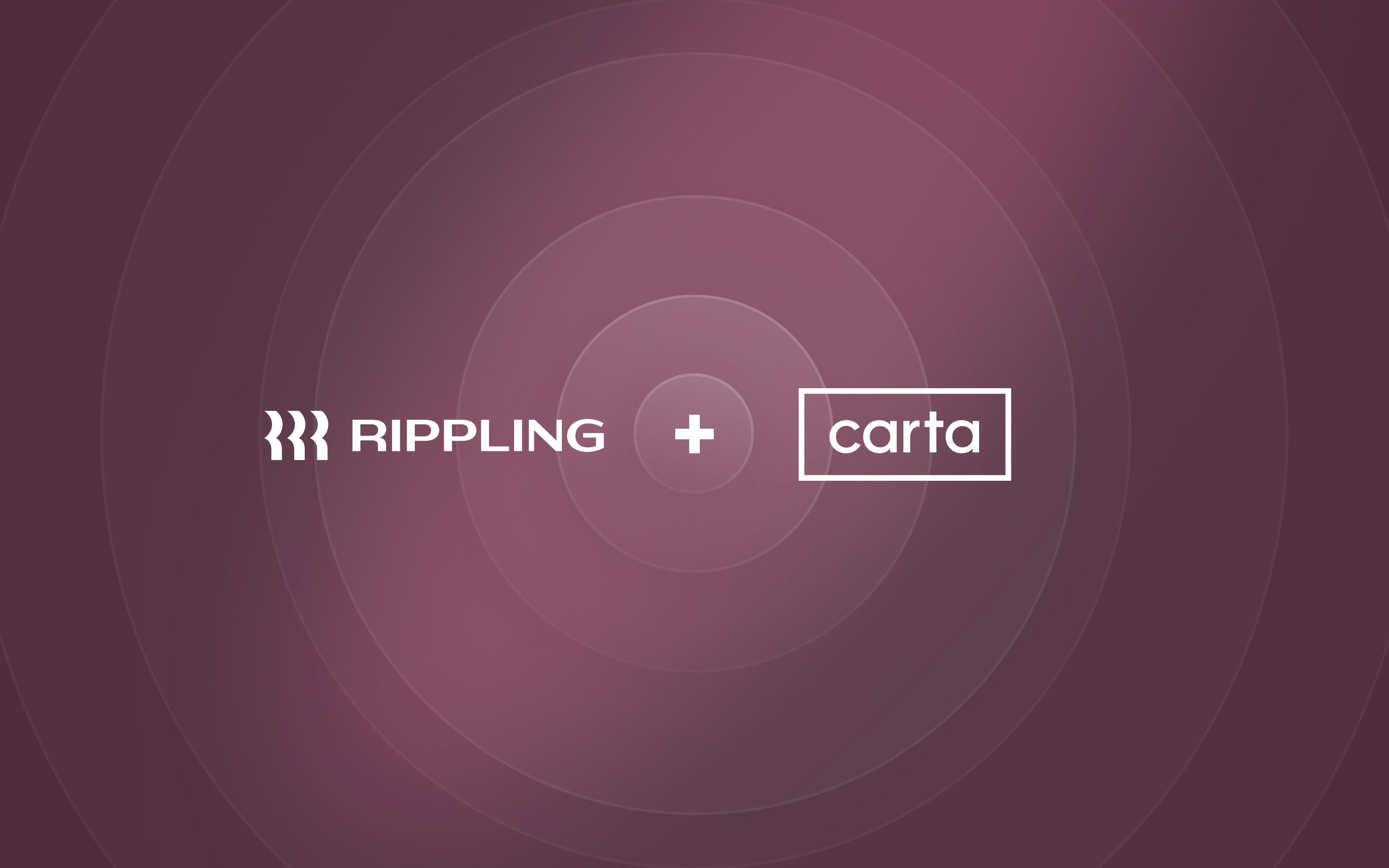The easy guide to employee background checks in France
Background checks are a crucial and necessary part of both onboarding and hiring employees in France. When you conduct a background screening, not only does it give you a more complete picture of the employee and confirm their credentials, but it can also alert you to potential red flags.
France is well-known across the globe for its defense of worker rights, so global companies hiring in the seventh-strongest economy in the world might find themselves a bit intimidated by the background check process. You need to know what's allowed under French employment laws, how you're obligated to handle your potential employees' sensitive data, and how to conduct employment verification checks.
In this step-by-step guide, we’ll explain how to run comprehensive and legally compliant employee background checks in France.
Table of Contents
- Are you legally required to run background checks on French employees?
- Is it legal to run background checks on French contractors?
- What types of background checks do businesses commonly run on French employees and contractors?
- What types of background checks are illegal in France?
- When should you conduct French employee background checks?
- The easiest way to run a background check on a French employee or contractor
- Background check mistakes to avoid in France
- Frequently asked questions about background checks in France
Are you legally required to run background checks on French employees?
Yes. Before you take on a new employee and start the hiring process, you must run a background screening.
However, according to Article L.1221-6 of the French labor code, you are not permitted to ask any questions except those that pertain to the role the person will be playing at the company.
Is it legal to run background checks on French contractors?
Yes, but the laws surrounding background checks on French contractors are extremely murky. In fact, the French government frowns upon hiring independent contractors. You may, however, check the following if you decide to hire a contractor anyway:
- Education credentials
- Criminal background checks
- Employment history
What types of background checks do businesses commonly run on French employees and contractors?
In France, you can conduct different types of background screenings, based on a new hire's role. Here are the most common types, and a few other background checks you can consider.
Common background checks
Less common background checks
Criminal records
History of caring for vulnerable populations (depends on role)
Checking with previous employers
Healthcare services/legal sector (depends on role)
Educational history
Government jobs—especial those concerning federal security
Motor vehicles record check (driver’s license)
Education sector
Education verification
Substance abuse rehab facilities
Bankruptcy records
Mental health
Civil records
Social media (depends on the role)
Reference checks
When conducting any background checks, French employers must adhere to the following privacy principles:
- Accuracy. All the information a French employer collects about a potential employee must be accurate and current; otherwise, they run the risk, as mentioned above, of making a mistake and erroneously accusing an employee of something they didn’t do.
- Stating your purpose. French employers can’t just go around collecting information about potential employees for background screenings. They must have a legitimate purpose for collecting confidential info.
- Fairness, lawfulness, and transparency. In accordance with the General Data Protection Regulation’s (GDPR) Clause 1(A), you must get the employee’s written consent to give you this information.
- Temporary storage. You may only keep the data for as long as is necessary—in other words, not forever.
- Data protection and minimization. You may only collect information that is relevant to the employee’s ability to do the job—nothing else. And you must ensure data protection.
- Integrity and confidentiality. The info you collect must be handled with integrity, follow the French legislation on data protection, and remain confidential.
What types of background checks are illegal in France?
Employers are limited to asking questions that only pertain to the job they intend to hire the employee for. To further protect the privacy of employees, employers must run the candidate selection tools they intend to use through the French Works Council.
Any information gained from references, previous jobs, and so on must be transparent—that is, the candidate needs to know about it.
Employers are not permitted to ask for personal data, such as sexual orientation, religion, medical issues, financial problems, social security, or anything else that falls under the category of an applicant’s private life.
When should you conduct French employee background checks?
Generally, background checks in France are only performed after a conditional offer of employment (or fixed-term portage employment contract, as it’s commonly known in France) has been made to a job applicant. And then, you can only conduct a background check of information that is relevant to the position. For instance, you can’t pry into a candidate’s medical records if the job position doesn’t require a fitness check.
Employers should also provide written notice to the job applicant that employment background checks will be conducted and obtain their written consent.
The easiest way to run a background check on a French employee or contractor
There are several different companies that can run background checks on employees in France, including Rippling, Hireright, and BackCheck.
The easiest by far is Rippling because background checks are directly integrated into the onboarding flow. Just enter basic hiring info like salary and start date, and Rippling does the rest:
- Send the offer letter and new hire paperwork
- Automatically run a legally compliant background check and e-verify the results
- Add the new hire to payroll
- Enroll them in benefits
…and everything else they need from day one. See Rippling today.
Background screening mistakes to avoid in France
- Assuming background checks in France are the same as in the US. Background checks in France are quite different from those in the United States and Canada. First, French employers must get permission from the French Works Council before they use candidate screening tools. Additionally, French employers must abide by privacy laws. They are limited to asking only questions that pertain to the employee’s ability to do the job they are being hired for.
- Not investigating or correcting errors. Sometimes, applicants are erroneously turned down for a position because they have a similar name to a candidate who is not suitable for the job. This could occur if information that was expunged is used against the candidate or a background check shows a candidate was arrested despite the fact that no charges were filed. Double check all information you receive, particularly if the potential employee points out that there’s been an error.
- Not getting employee consent to run a background check. Before you run a background check, written notice must be provided to the employee and they must give written consent. Additionally, you must limit your questions to those that specifically apply to the job the employee is being considered for. You cannot ask any questions about topics protected under anti-discrimination laws (such as religion), and you cannot insist an employee give you their home address if they don’t provide it. Employees must be aware of what you’ll be checking and can’not be coerced into agreeing.
- Skipping the background check. Performing pre-screening background checks can be a real hassle, and often, employers are tempted to go with their gut and simply hire an employee who seems suitable without going through the background check. However, employment screenings are an important part of employee onboarding and help protect you and your company.
Rippling makes it easy to run background checks in France.
Frequently asked questions about background screenings in France
Are background checks legal in France?
Yes, background checks are legal in France. They must comply with French labor and confidentiality laws and other applicable regulations.
Employers are only allowed to request information from job applicants that is relevant to the job position, including criminal convictions history, education verification, and employment history checks. They must receive permission in writing from the employee before they can dig into their history, and they must protect their personal information and maintain their confidentiality and use the information gathered only for legitimate purposes. Employees are permitted at any time to view what is in their file.
Finally, employers must also ensure that they do not discriminate against job applicants based on any protected grounds, such as race, gender, religion, or criminal history.
What language do you use for background checks in France?
Background checks in France are conducted in French, the nation’s official language.
What are the grounds for dismissal in France?
If an employee fails to comply with a company’s disciplinary rules, criticizes or insults coworkers and/or supervisors, demonstrates repeated negligence and avoidable errors, or commits violent acts against coworkers, they will likely be sanctioned by their employer. “Sanction” means disciplinary action and, depending on the severity, it could lead to termination.
What are the benefits of running background checks in France?
Background checks come with many benefits for employers, including:
- Enhanced security. Background checks can help filter out job applicants who would pose a threat to the company or its employees.
- Protection against negligent hiring. Companies can be held responsible for hiring employees who later engage in public misconduct. Background checks reveal past misconduct, helping mitigate this risk.
- Better hiring quality. Background checks help filter out candidates with discrepancies or inconsistencies in their work or educational backgrounds. Taking the time to perform validation checks ensures applicants are who they say they are and that their stated qualifications are accurate.
- Protection from occupational fraud. Background checks protect your company's reputation by ensuring you hire employees with valid credentials.
Onboard new hires and run background checks with Rippling
With Rippling's Talent Management System, you can seamlessly onboard new hires and set them up for success. Just enter basic hiring info like salary and start date, and Rippling does the rest—including running a legally compliant background check, and e-verifying the results.
Ready to hit the ground running with every new hire? See Rippling today.
Rippling and its affiliates do not provide tax, accounting or legal advice. This material has been prepared for informational purposes only, and is not intended to provide, and should not be relied on for, tax, legal or accounting advice. You should consult your own tax, legal and accounting advisors before engaging in any related activities or transactions.





